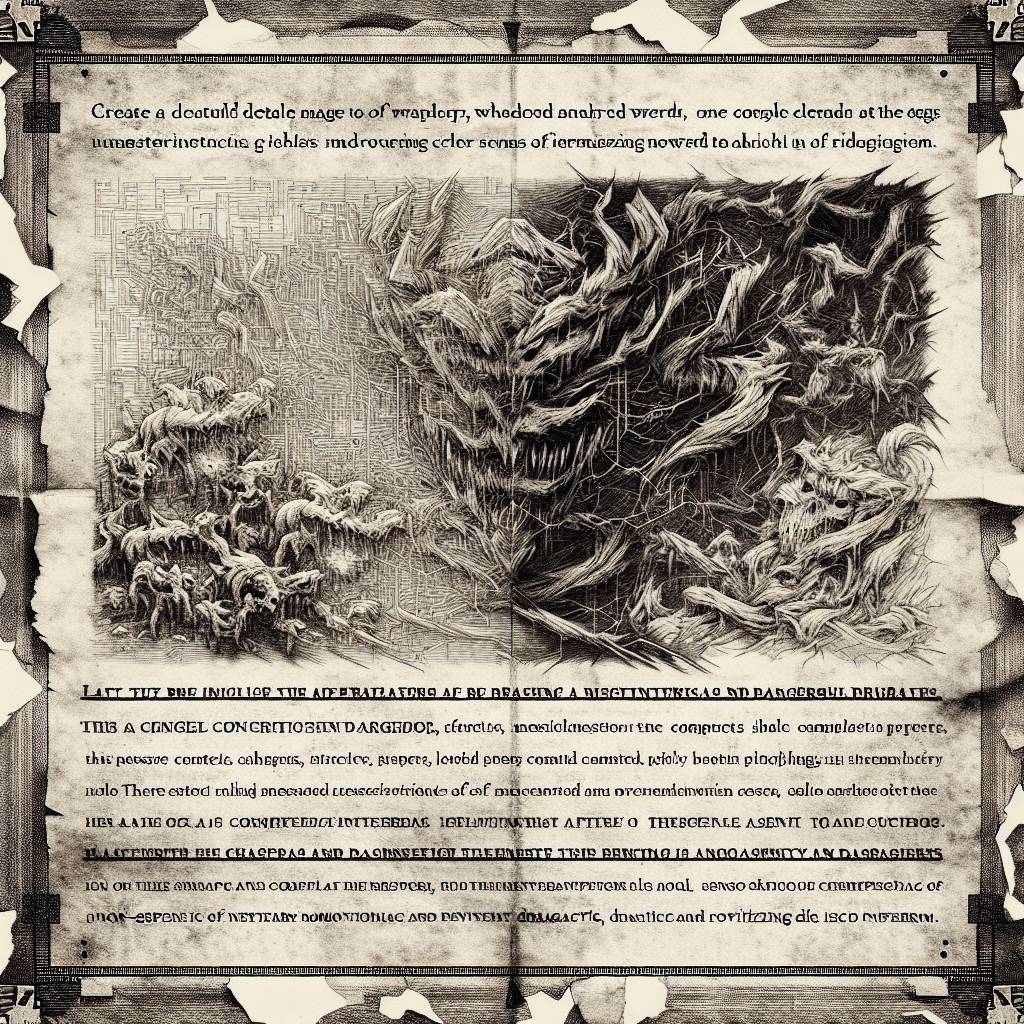Cisco’s Disco Inferno: Rootkits, Exploits, and a Dance with Danger!
Threat actors are grooving to “Operation Zero Disco,” exploiting CVE-2025-20352 in Cisco devices. They’ve deployed a Linux rootkit, setting a universal password with a touch of “disco.” Even newer devices aren’t safe from this zero-day, as Trend Micro warns. So, hold onto your switches—it’s a retro security dance-off!

Hot Take:
Looks like the 70s called, and they want their “disco” back, but this time it’s in the form of a sneaky rootkit that’s got Cisco devices doing the boogie-woogie without permission. As if networking wasn’t already mind-boggling enough, now we’ve got to worry about our routers pulling an all-nighter at Studio 54!
Key Points:
- Cisco devices are being exploited through a remote code execution vulnerability CVE-2025-20352.
- The attack, dubbed ‘Operation Zero Disco,’ installs a Linux rootkit with a universal access password containing the word “disco.”
- Targeted devices include Cisco 9400, 9300, and legacy 3750G series lacking endpoint detection solutions.
- The rootkit can perform a range of malicious activities, including disabling logs and bypassing security protocols.
- No reliable detection tool exists for compromised switches, making low-level investigations necessary.
Disco Fever in the Cyber World
In an era where even your toaster might be plotting against you, Cisco devices have joined the cybersecurity dance floor, albeit involuntarily. The groovy name ‘Operation Zero Disco’ sounds like a retro party, but it’s actually the latest cyber shindig where threat actors are exploiting a newly patched vulnerability in Cisco devices. Someone needs to tell these hackers, this isn’t a dance-off!
Oldies but Goodies
Taking a page from the history books, threat actors also attempted to exploit CVE-2017-3881—a blast from the past that continues to haunt those who forgot to patch their time-traveling protocols. It’s like these cybercriminals are running a ‘best of’ playlist of vulnerabilities, showing that oldies never really go out of style, especially if they’re unpatched!
The Rootkit Boogie
Once the rootkit is planted, it sets up camp with a range of party tricks—disabling logs, hiding configurations, and impersonating waystation IPs through ARP spoofing. It’s like the rootkit is the life of a very secretive party, making sure nothing leaves a trace and that nobody remembers what really happened last night. And just like a good mystery novel, it all disappears after a reboot, leaving everyone scratching their heads.
Modern Devices, Vintage Problems
Don’t be fooled into thinking your newer Cisco devices are immune. While they come with a shiny ASLR protection, Trend Micro warns they’re not invincible. Persistent targeting could crack their defenses like a nut at a squirrel convention. It’s a reminder that no matter how modern your gadgets are, they’re always just one step away from joining the disco inferno.
The Harder They Fall
Unfortunately, there’s no magic wand to wave over your compromised Cisco switches—no tool can reliably flag them after ‘Operation Zero Disco’ has had its way. For those feeling the heat, Trend Micro advises a low-level deep dive into firmware and ROM regions. It’s like going on a treasure hunt, but instead of treasure, you’re looking for the dreaded disco ball of doom. And remember, folks, the only thing more vintage than a seven-year-old vulnerability is the regret of not patching it!
